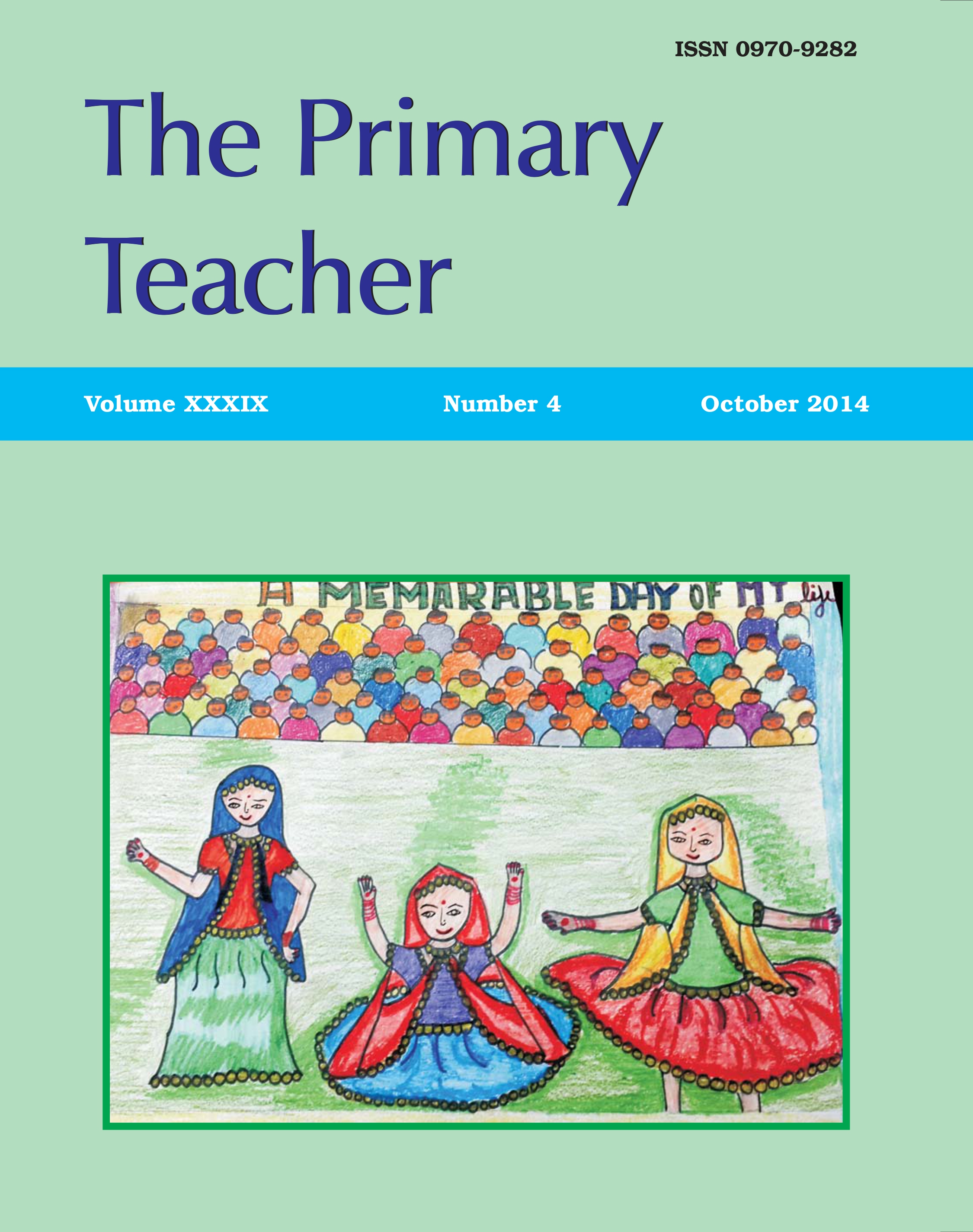
Published 2024-12-03
Keywords
- Mathematics,
- learning environment,
- Constructivism
How to Cite
Abstract
Deeper Learning” simply refers to “process of learning for transfer,” meaning it allows a child to take what’s learned in one situation and apply it to another. To elaborate the definition of deeper learning further, let us recall the three domains of competence– cognitive, intrapersonal and interpersonal. Cognitive refers to reasoning and problem solving; intrapersonal refers to self-management, selfdirectedness and conscientiousness; and interpersonal refers to expressing ideas and communicating, and working with others. These three broad competencies are related to each other. If deeper learning is the ultimate goal, can it be taught? To a certain degree, yes. On the same pitch, in constructivism, the central idea is that learning is an active process in which learners construct new ideas or concepts based upon their current and prior knowledge. In this article the author has experimented with 20 children of Class II on how constructivism and assessment for learning within formative assessment, can support to achieve deeper learning. The entire discussion and activities for this experiment were based on number concepts. The author has realised that if students are encouraged with number patterns within inductive reasoning, they build the basic concepts of numbers like place value, increasing and decreasing numbers etc. Children also developed the number sense which helped them to build up an attitude to work on operation of numbers. In fact, the assessment and remedial positive teaching was planned during the discussions and activities. Children’s own mistakes have been used as a tool to construct the concept. The author has realised that constructivism where children construct knowledge on their own, and assessment for learning within the lesson plan affects all the three domains – cognitive, intrapersonal and interpersonal, leading towards deeper learning.
